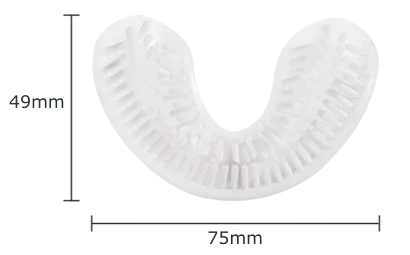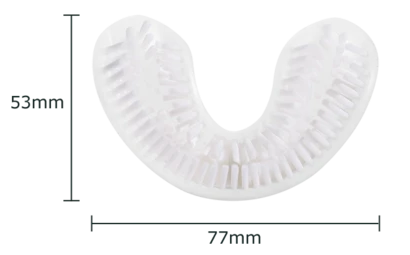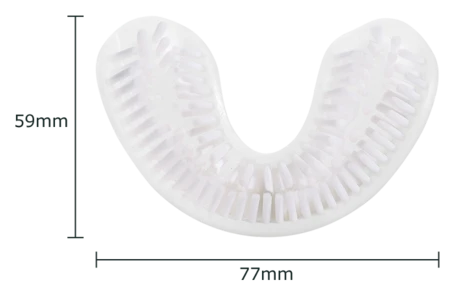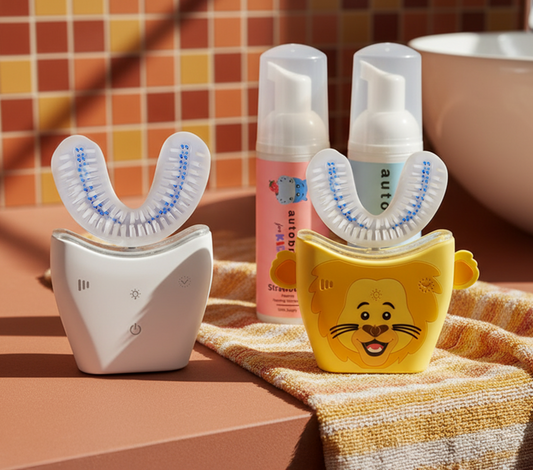
Why Are My Teeth Sensitive?
Are you someone with sensitive teeth? Don’t worry, over 40 million Americans have sensitive teeth, according to the Academy of General Dentistry. Someone with tooth sensitivity may experience discomfort or pain when eating or drinking foods that are below a certain temperature. But what is tooth sensitivity?
What is Tooth Sensitivity?

Tooth sensitivity can happen to anyone. It’s usually described as a sudden burst of pain shooting up to the gums. Typically, it occurs when teeth are exposed to air or cold or hot foods. People can even experience tooth sensitivity when brushing teeth. People may experience tooth sensitivity due to worn down enamel on the teeth. The enamel protects the dentin layer, which is softer and more sensitive. Exposed dentin also allows substances to reach the nerves of the teeth.
What Causes Tooth Sensitivity?

- Brushing too hard can wear down enamel, which can cause tooth sensitivity.
- Cracked teeth can become filled with plaque which can cause inflammation
- Teeth grinding can wear down enamel
- Acidic foods can also reduce tooth enamel
Avoiding Enamel Loss

To avoid further enamel loss, focus on a strong at-home dental routine. New, revolutionary technologies like the automatic electric AutoBrush are making at-home dental care easier than ever.
Treatment for Sensitive Teeth
There’s no single treatment option that works for everyone with sensitive teeth, but there are options. Sometimes, the preferred treatment is dependant on what’s causing the sensitive teeth in the first place. Here are a few recommended solutions for tooth sensitivity:
- Using a soft-bristled toothbrush
- Using mouthwash containing fluoride
- Avoiding acidic foods
- Stopping teeth grinding
If you have more serious tooth sensitivity issues, there are professional solutions. Speak to your dentist to see which is the right treatment for you.












